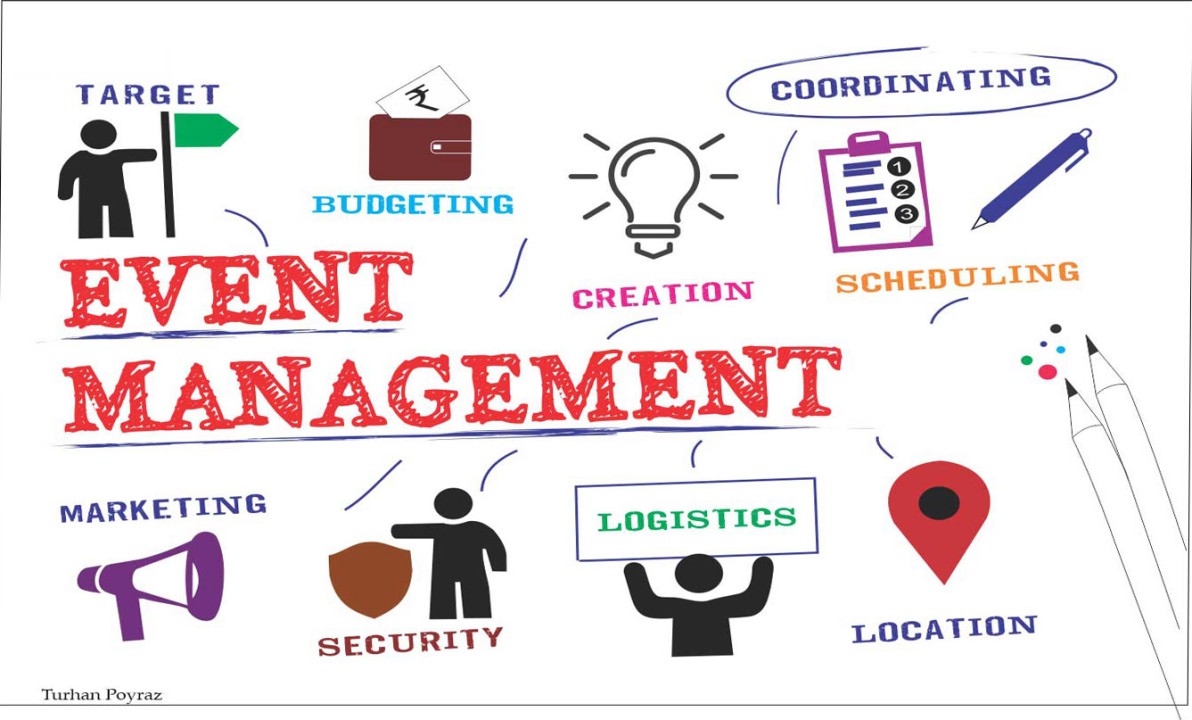Planning and executing a successful corporate event can seem like a daunting task, but with the right approach, it can be a rewarding experience that leaves a lasting impression on your attendees. Whether you’re organizing a conference, a product launch, or a team-building retreat, here are some essential steps to ensure your event is a success.
1. Define Your Objectives
Before diving into the logistics, it’s crucial to define the objectives of your event. What do you hope to achieve? Are you looking to launch a new product, celebrate a milestone, or build team cohesion? Having clear objectives will guide your planning process and help you measure the event’s success.
2. Know Your Audience
Understanding your audience is key to creating an event that resonates with them. Consider their interests, preferences, and needs. Tailor your event content, activities, and overall experience to align with what your audience values. This will help in ensuring high engagement and satisfaction.
3. Set a Budget
Establishing a budget early on will help you manage your resources effectively. Consider all potential expenses, including venue costs, catering, marketing, and any unforeseen expenses. Be realistic about what you can afford and prioritize spending on elements that will have the most significant impact on your event’s success.
4. Choose the Right Venue
The venue sets the tone for your event. When selecting a location, consider factors such as capacity, accessibility, and amenities. Make sure the venue aligns with your event’s objectives and provides a comfortable and engaging environment for your attendees.
5. Create a Detailed Plan
A detailed plan is essential for staying organized and on track. Outline all the tasks that need to be completed, assign responsibilities, and set deadlines. This includes everything from sending invitations and booking vendors to finalizing the agenda and arranging transportation.
6. Promote Your Event
Effective promotion is critical to ensuring a good turnout. Use a mix of marketing channels to reach your audience, such as email campaigns, social media, and press releases. Highlight the value of attending your event and provide clear information on how to register.
7. Engage Your Attendees
Creating an engaging experience for your attendees is crucial. This can include interactive sessions, networking opportunities, and hands-on activities. Use technology, such as event apps and live polls, to enhance engagement and gather real-time feedback.
8. Provide Excellent Customer Service
From the initial invitation to the post-event follow-up, providing excellent customer service will enhance your attendees’ experience. Be responsive to inquiries, provide clear information, and ensure a smooth registration and check-in process.
9. Prepare for the Unexpected
No matter how well you plan, unexpected challenges can arise. Have contingency plans in place for potential issues, such as technical difficulties, last-minute cancellations, or weather-related disruptions. Being prepared will help you handle any surprises smoothly.
10. Evaluate and Follow Up
After the event, take the time to evaluate its success. Gather feedback from attendees, review your objectives, and assess what went well and what could be improved. Follow up with attendees to thank them for coming and keep them engaged with your brand.
Conclusion
Planning and executing a successful corporate event requires careful planning, attention to detail, and a focus on creating a memorable experience for your attendees. By defining clear objectives, understanding your audience, and staying organized, you can host an event that achieves your goals and leaves a positive impact. Remember, the key to a successful event is not just in the execution, but also in the connections and experiences you create for your attendees. Happy planning!





